Genghis Khan was one of the greatest leaders of all time. He is remembered not only for his bravery, but also for his ferociousness. Very little is known of his origins. He was born between 1155 and 1167 in one of the many nomadic tribes that populated Mongolia. He was given the name Temujin, which means blacksmith, possibly as a tribute to his ancestors’ craft. It was prophetic name for a man who would forge an empire with his own hands. Temujin grew up in the steppe, a hostile natural environment that hardened his character. His bravery and charisma soon attracted followers. Thanks to his talent as a strategist and creator of alliances, Temujin succeeded in bringing together all the Mongol tribes under his rule.
In 1206, Temujin became Genghis Khan, which means “universal ruler” in Mongolian. After having united Mongolia under one flag, Genghis Khan set out on an even more ambitious quest: the conquest of China. The Chinese fought back fiercely, but were overcome by Genghis Khan’s strategy, specifically his use of archers on horseback. In 1209 the Mongol army defeated the Xia dynasty, which populated a region in northeastern China. In 1213 Genghis Khan crossed the Great Wall, and in 1215 he took Beijing. The military campaign was bloody: in less than ten years, China’s population was reduced by nearly half. The Mongols learned the secrets of war machines from Chinese engineers, and Genghis Khan’s army became even more powerful. After China, he took possession of Kara–Kithai, in Central Asia in 1218 .
Two years later he plundered the Islamic city of Samarkand, and later devastated Northern India, the Caucasus, and Eastern Russia. In 1225, Mongol rule extended from the Caspian Sea to China. Genghis Khan was at the head of the largest empire in the history of mankind. Despite his successes, Khan refused luxury and continued to live as one of the tribe. He only wore animal skins and ate simple food, often taking his place at the table beside commoners. Although illiterate, Genghis Khan proved to be a wise and enlightened ruler. He abolished torture, conceded freedom of religion to his subjects, promoted women’s roles in organizing the empire, and exempted doctors and teachers from taxes. Genghis Khan was growing old, but still insisted on leading his army into battle. His bravery proved fatal: on August 18, 1227, Genghis Khan was mortally wounded on the battlefield while attempting to suppress a revolt in the Chinese territories. In compliance with his wishes, his third son Ögedei Khan succeeded him as ruler of the Empire. Genghis Khan’s body was returned to Mongolia and buried in a secret location.
In 1206, Temujin became Genghis Khan, which means “universal ruler” in Mongolian. After having united Mongolia under one flag, Genghis Khan set out on an even more ambitious quest: the conquest of China. The Chinese fought back fiercely, but were overcome by Genghis Khan’s strategy, specifically his use of archers on horseback. In 1209 the Mongol army defeated the Xia dynasty, which populated a region in northeastern China. In 1213 Genghis Khan crossed the Great Wall, and in 1215 he took Beijing. The military campaign was bloody: in less than ten years, China’s population was reduced by nearly half. The Mongols learned the secrets of war machines from Chinese engineers, and Genghis Khan’s army became even more powerful. After China, he took possession of Kara–Kithai, in Central Asia in 1218 .
Two years later he plundered the Islamic city of Samarkand, and later devastated Northern India, the Caucasus, and Eastern Russia. In 1225, Mongol rule extended from the Caspian Sea to China. Genghis Khan was at the head of the largest empire in the history of mankind. Despite his successes, Khan refused luxury and continued to live as one of the tribe. He only wore animal skins and ate simple food, often taking his place at the table beside commoners. Although illiterate, Genghis Khan proved to be a wise and enlightened ruler. He abolished torture, conceded freedom of religion to his subjects, promoted women’s roles in organizing the empire, and exempted doctors and teachers from taxes. Genghis Khan was growing old, but still insisted on leading his army into battle. His bravery proved fatal: on August 18, 1227, Genghis Khan was mortally wounded on the battlefield while attempting to suppress a revolt in the Chinese territories. In compliance with his wishes, his third son Ögedei Khan succeeded him as ruler of the Empire. Genghis Khan’s body was returned to Mongolia and buried in a secret location.
RELATED
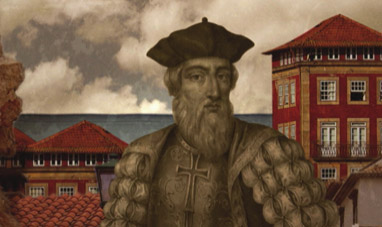

VASCO DA GAMA


DWIGHT EISENHOWER
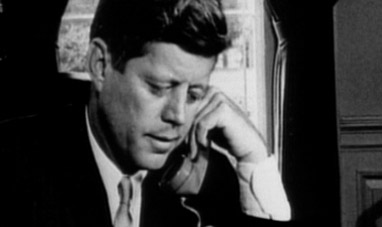

JOHN FITZGERALD KENNEDY
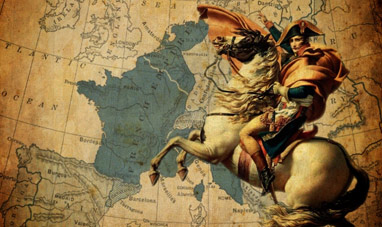

NAPOLEON BONAPARTE
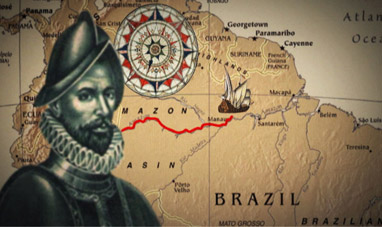

FRANCISCO DE ORELLANA
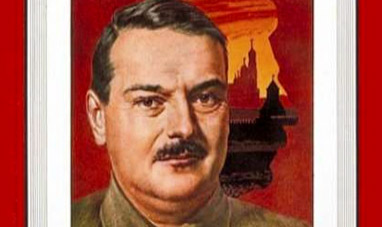

ANDREI ZHDANOV
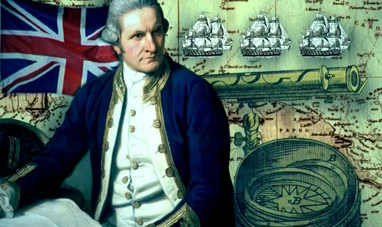

JAMES COOK
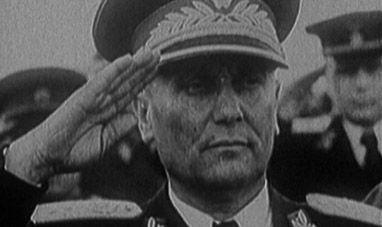

JOSIP BROZ TITO


LEANDRO ARAGONCILLO
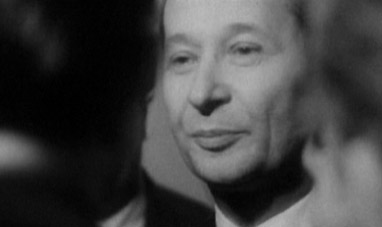

ALEXANDER DUBCEK
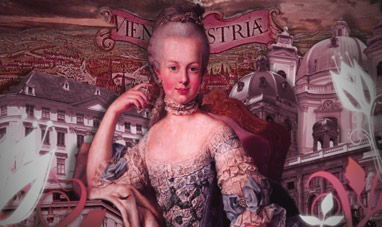

MARIE ANTOINETTE
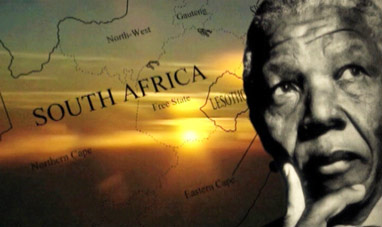

NELSON MANDELA


ALEKSANDR LITVINENKO
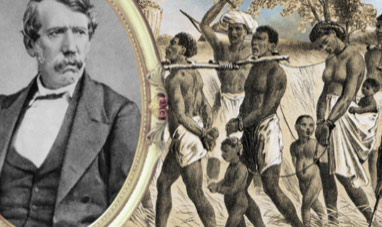

LIVINGSTONE, DAVID


JIMMY CARTER
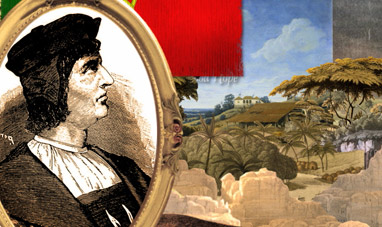

BARTOLOMEU DIAS
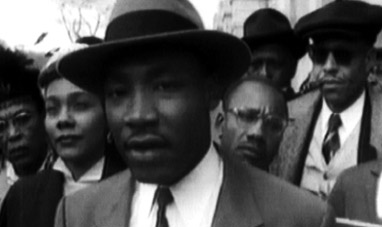

MARTIN LUTHER KING
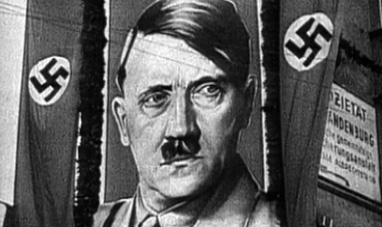

ADOLF HITLER
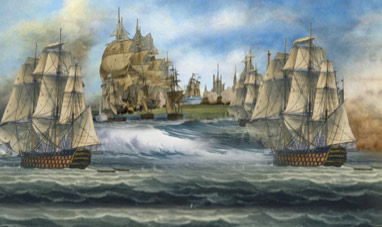

ZHENG HE
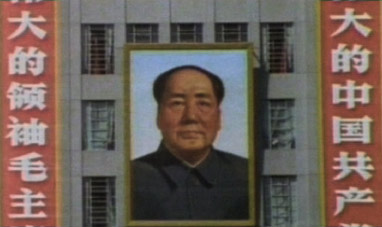

MAO ZEDONG
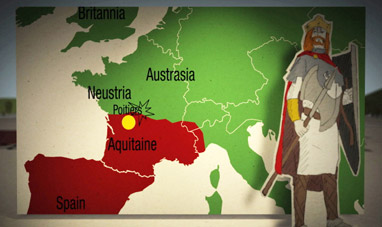

CHARLES MARTEL
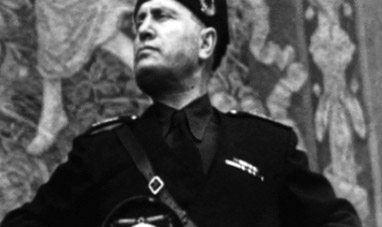

BENITO MUSSOLINI
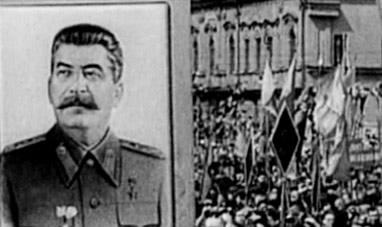

STALIN
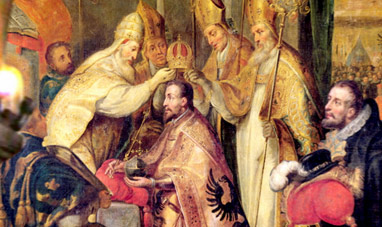

FREDERICK II, HOLY ROMAN EMPEROR
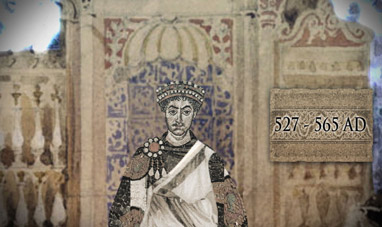

JUSTINIAN I
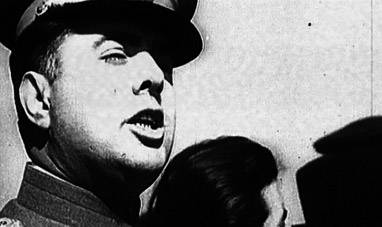

ENVER HOXHA
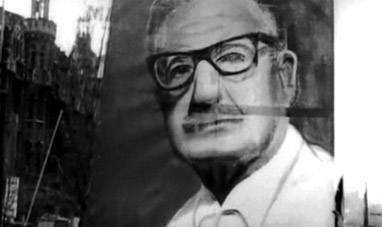

SALVADOR ALLENDE
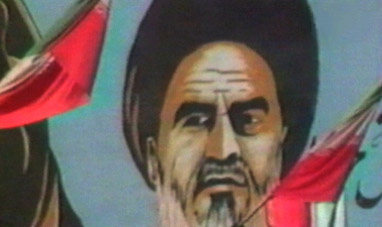

RUHOLLAH KHOMEINI
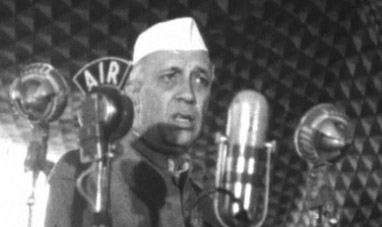

JAWAHARLAL NEHRU
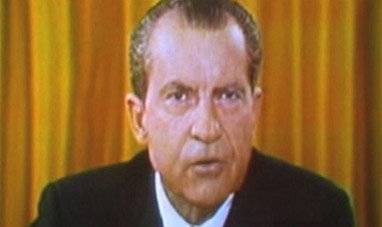

RICHARD NIXON
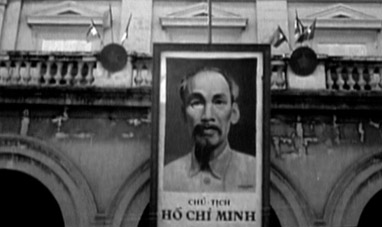

HO CHI MINH
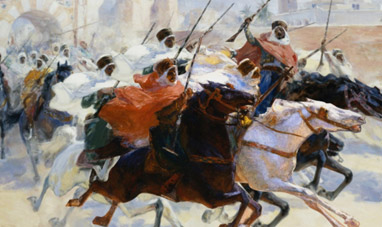

ABBAS I THE GREAT
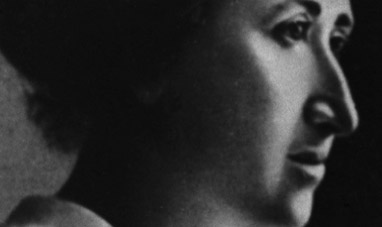

ROSA LUXEMBURG
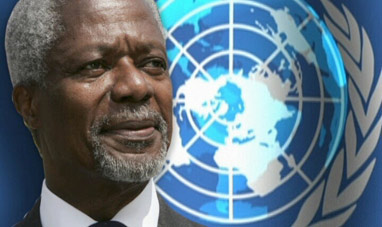

KOFI ANNAN


CHARLEMAGNE
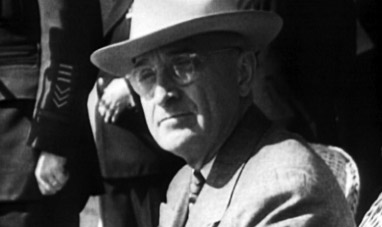

HARRY TRUMAN
